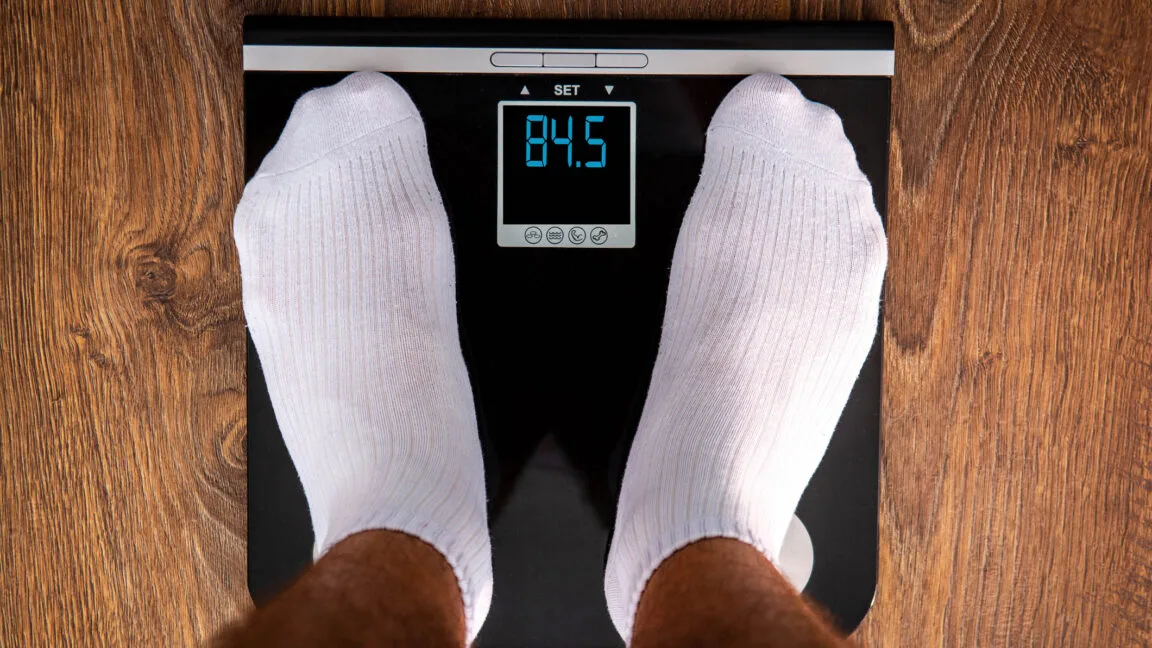Earlier this fall, the Centers for Disease Control and Prevention reported data showing that adult obesity rates—long trending upwards—had fallen modestly over the past few years, from 41.9 to 40.3 percent. The decline sparked discussion on social media and in major news outlets about whether the US has passed so-called “peak obesity”—and whether the growing use of certain weight-loss drugs might account for the shift.
Still, it is premature to declare that GLP-1s have caused overall declining obesity rates in the US. There are a number of ways to interpret the CDC data, and not all of them suggest that obesity rates have actually fallen. Further, recent evidence indicates that GLP-1s might not be as effective for weight loss as initially thought. And there are reasons to question the comparison to cigarette sales. Taken together, all of this suggests that we may need to wait to understand how this new class of drugs affects weight loss at the population level.
I feel as if a decrease from 41.9% to 40.3% is not really indicative of a trend, not yet anyway. It could very well be within the margin of error.
The article discusses how that change is not statistically significant and other possible reasons for the results.
oooooor maybe people can’t afford food anymore. at least not as much
Depression fasting




